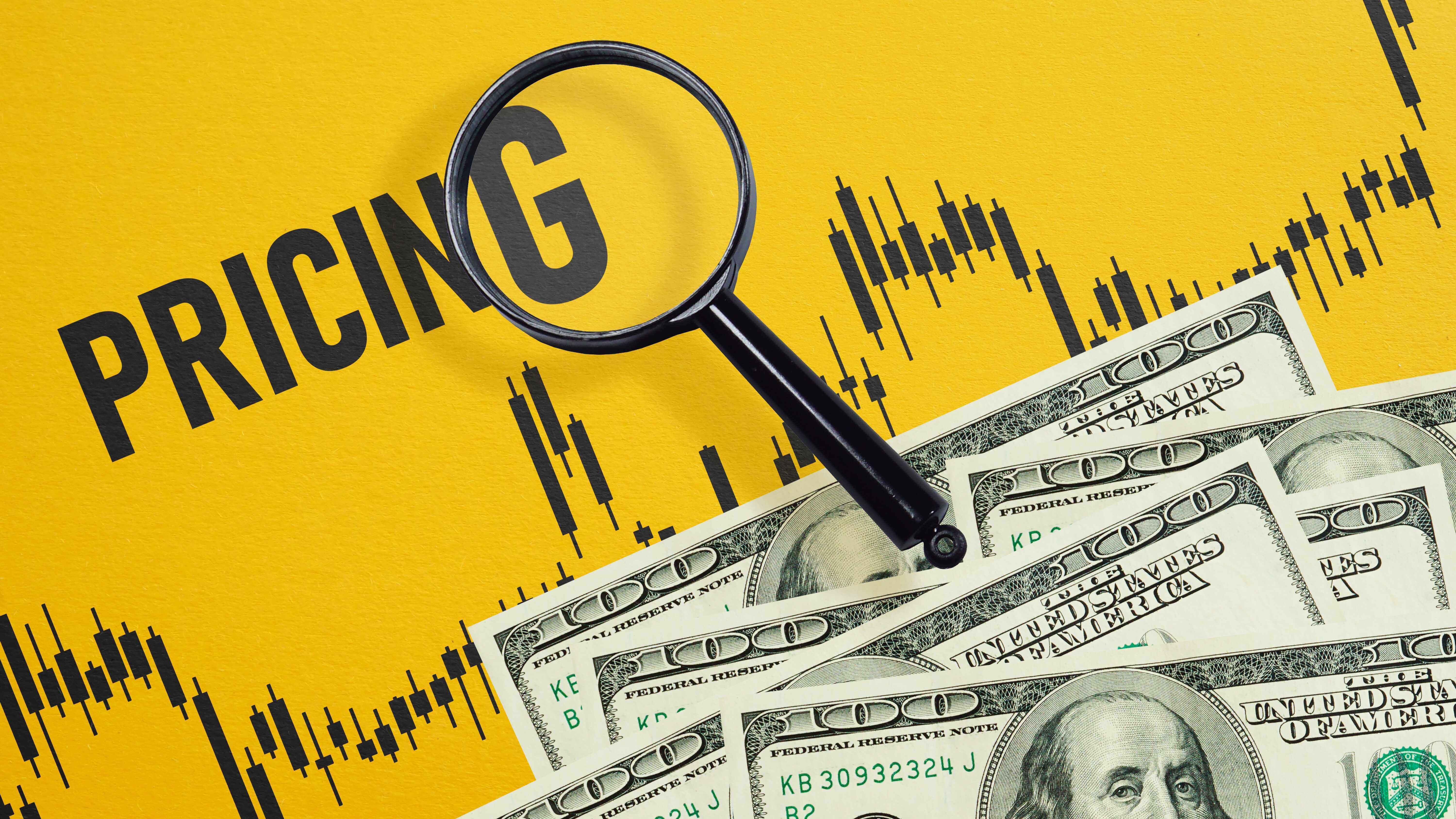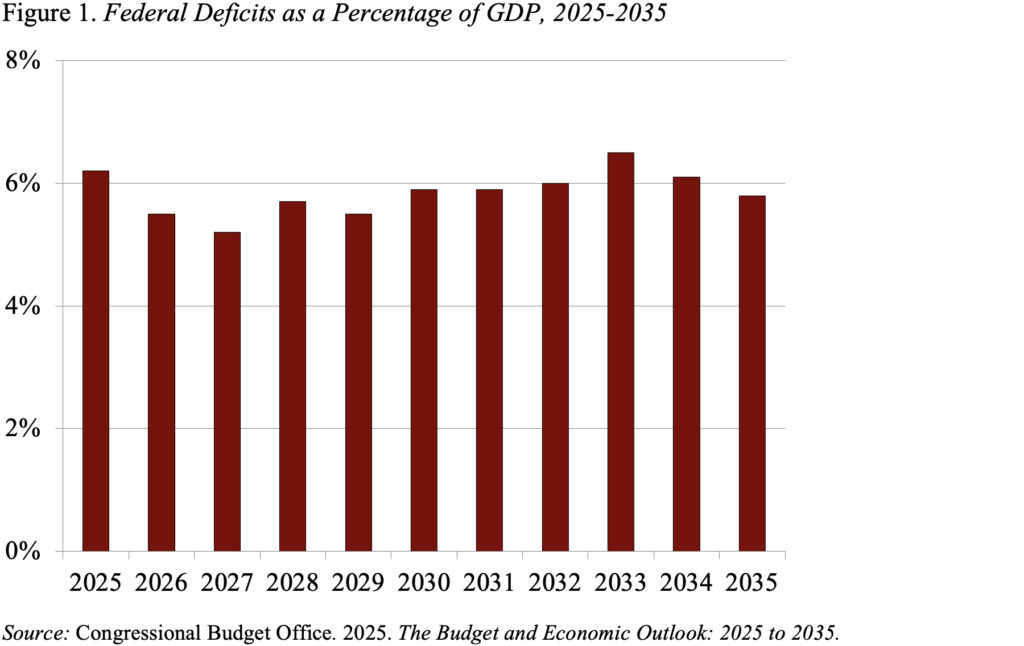When You Look Back On This Moment, You'll Wish You'd Bought This Trillion-dollar Artificial Intelligence (ai) Stock

A new quarterly earnings season is underway in corporate America. Hundreds of companies will report their latest financial results over the next few weeks, but investors are particularly focused on the trillion-dollar tech giants leading the artificial intelligence (AI) revolution.
Meta Platforms (NASDAQ: META) is the parent company of social networks like Facebook, Instagram, and WhatsApp, which serve over 3.3 billion people every day. But it's also becoming a leader in the AI race after developing the most popular open-source large language models (LLMs) in the world.
Start Your Mornings Smarter! Wake up with Breakfast news in your inbox every market day. Sign Up For Free »
Meta reported its results for the fourth quarter (ended Dec. 31) last week. It delivered record revenue and earnings, in addition to significant progress across its AI projects. Meta stock is up 47% over the past year, but it still looks cheap, so here's why investors might wish they'd bought it today when they look back on this moment in the future.
Image source: Getty Images.
Meta AI is one of the most popular AI chatbots in the world
The way people use social media is changing. Platforms like Facebook used to be a place where you viewed posts from your friends and family, but now, your feed is mostly filled with entertaining content from creators you don't follow at all. AI algorithms shape that experience by learning what posts or videos you enjoy viewing, in order to show you more of them.
To capture an even greater share of your time each day, Meta launched an AI assistant called Meta AI. It can be accessed through all of the company's flagship social media apps, and it's capable of answering complex questions, generating images, and even suggesting fun activities in your group chats. In many cases, it can be used as a substitute for traditional search engines like Alphabet's Google, allowing Meta to capture a significant amount of new traffic.
Meta AI had 700 million monthly active users at the end of 2024, which was a 50% increase from the third quarter. It's now one of the most frequently used chatbots in the world.
Meta AI was built on the company's Llama family of LLMs, similar to the way OpenAI's GPT-4o LLMs power its ChatGPT chatbot. But the Llama models are open source, so Meta can basically crowdsource the troubleshooting process to fix bugs and technical issues faster. The models have been downloaded more than 600 million times, which is a lot of developer expertise to lean on.
That's one of the reasons Meta caught up to industry leaders like OpenAI so quickly. The company only started working on AI models in 2022, whereas OpenAI's development dates back to 2015. Meta CEO Mark Zuckerberg thinks Llama 4 could be the most advanced model in the industry when it launches this year.
AI could be a key revenue driver for Meta in the future
Most of Meta's revenue comes from the advertising slots it sells to businesses on Facebook and Instagram. That's why it's so important to keep users engaged -- if they spend more time online, they will see more ads, and funnel more revenue into the company's pockets. The company's AI-powered content algorithms drove an uptick in usage last year, and they are likely to become even better at doing so.
Meta generated a record $48.3 billion in total revenue during the fourth quarter, which was a 20.6% increase from the year-ago period. The company's annual revenue for 2024 also came in at a record high of $164.5 billion, representing 22% growth compared to 2023.
Besides driving engagement, AI features like Meta AI will open up new revenue streams in the future. Meta could sell a more advanced version of the chatbot on a subscription basis (like OpenAI does with ChatGPT), and it will also attract advertising dollars. For example, a business might pay to insert a product link within Meta AI's responses to a specific prompt or query, which would be a highly targeted form of advertising. Alphabet has found success with this strategy for its AI Overviews feature in Google Search.
Zuckerberg has also talked about introducing AI agents for businesses, which are highly customizable assistants capable of handling incoming queries from customers through WhatsApp and Messenger. It would be equivalent to having a highly proficient customer service representative available 24 hours per day, which is something many businesses might be happy to pay for.
Meta says monetization won't be a priority for its AI initiatives in 2025. It wants to scale features like Meta AI to billions of users before trying to make money. The company has an incredible track record with that strategy, based on the success of video features like Stories and Reels.
Meta stock looks very attractive at the current level
Meta generated a record $23.86 in earnings per share (EPS) during 2024, placing its stock at a price-to-earnings (P/E) ratio of 28.8. That's an attractive discount to the Nasdaq-100 index, which trades at a P/E ratio of 33.4. Plus, it makes Meta the second-cheapest out of the eight American technology stocks in the $1 trillion club:
Meta's EPS result is especially impressive when you consider the company allocated a whopping $39.2 billion to capital expenditures during 2024, most of which went toward building data center infrastructure and chips to fuel its AI ambitions. Meta plans to spend another $65 billion in 2025, yet Wall Street thinks the company can still deliver modest EPS growth for the year, which makes its stock appear even cheaper on a forward basis.
Cathie Wood, who founded Ark Investment Management, believes AI software companies could eventually generate $8 in revenue for every $1 they invest in chips and hardware. If she's right, Meta could yield an astronomical payoff for the money it's currently spending.
Meta's business is firing on all cylinders and the future monetization of AI features like Meta AI could unlock a new phase of growth for the company. That's why when investors look back on this moment in a few years from now, they might wish they had bought the stock at its current price.
Don’t miss this second chance at a potentially lucrative opportunity
Ever feel like you missed the boat in buying the most successful stocks? Then you’ll want to hear this.
On rare occasions, our expert team of analysts issues a “Double Down” stock recommendation for companies that they think are about to pop. If you’re worried you’ve already missed your chance to invest, now is the best time to buy before it’s too late. And the numbers speak for themselves:
- Nvidia: if you invested $1,000 when we doubled down in 2009, you’d have $311,343!*
- Apple: if you invested $1,000 when we doubled down in 2008, you’d have $44,694!*
- Netflix: if you invested $1,000 when we doubled down in 2004, you’d have $526,758!*
Right now, we’re issuing “Double Down” alerts for three incredible companies, and there may not be another chance like this anytime soon.
*Stock Advisor returns as of February 3, 2025
Randi Zuckerberg, a former director of market development and spokeswoman for Facebook and sister to Meta Platforms CEO Mark Zuckerberg, is a member of The Motley Fool's board of directors. John Mackey, former CEO of Whole Foods Market, an Amazon subsidiary, is a member of The Motley Fool’s board of directors. Suzanne Frey, an executive at Alphabet, is a member of The Motley Fool’s board of directors. Anthony Di Pizio has no position in any of the stocks mentioned. The Motley Fool has positions in and recommends Alphabet, Amazon, Apple, Meta Platforms, Microsoft, Nvidia, and Tesla. The Motley Fool recommends Broadcom and recommends the following options: long January 2026 $395 calls on Microsoft and short January 2026 $405 calls on Microsoft. The Motley Fool has a disclosure policy.



